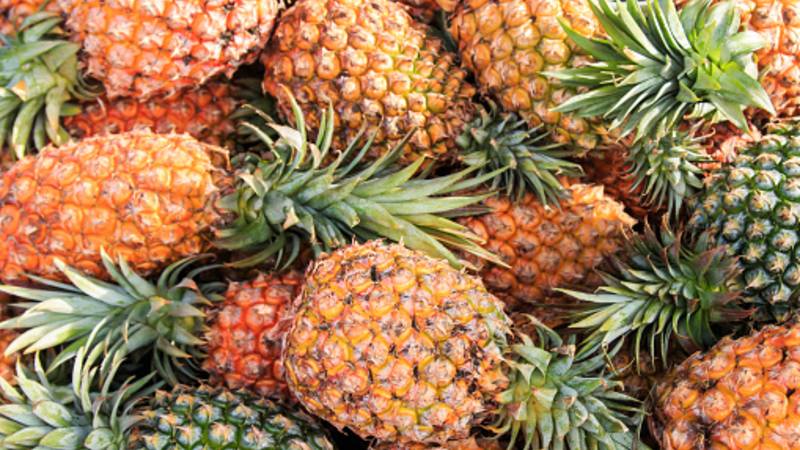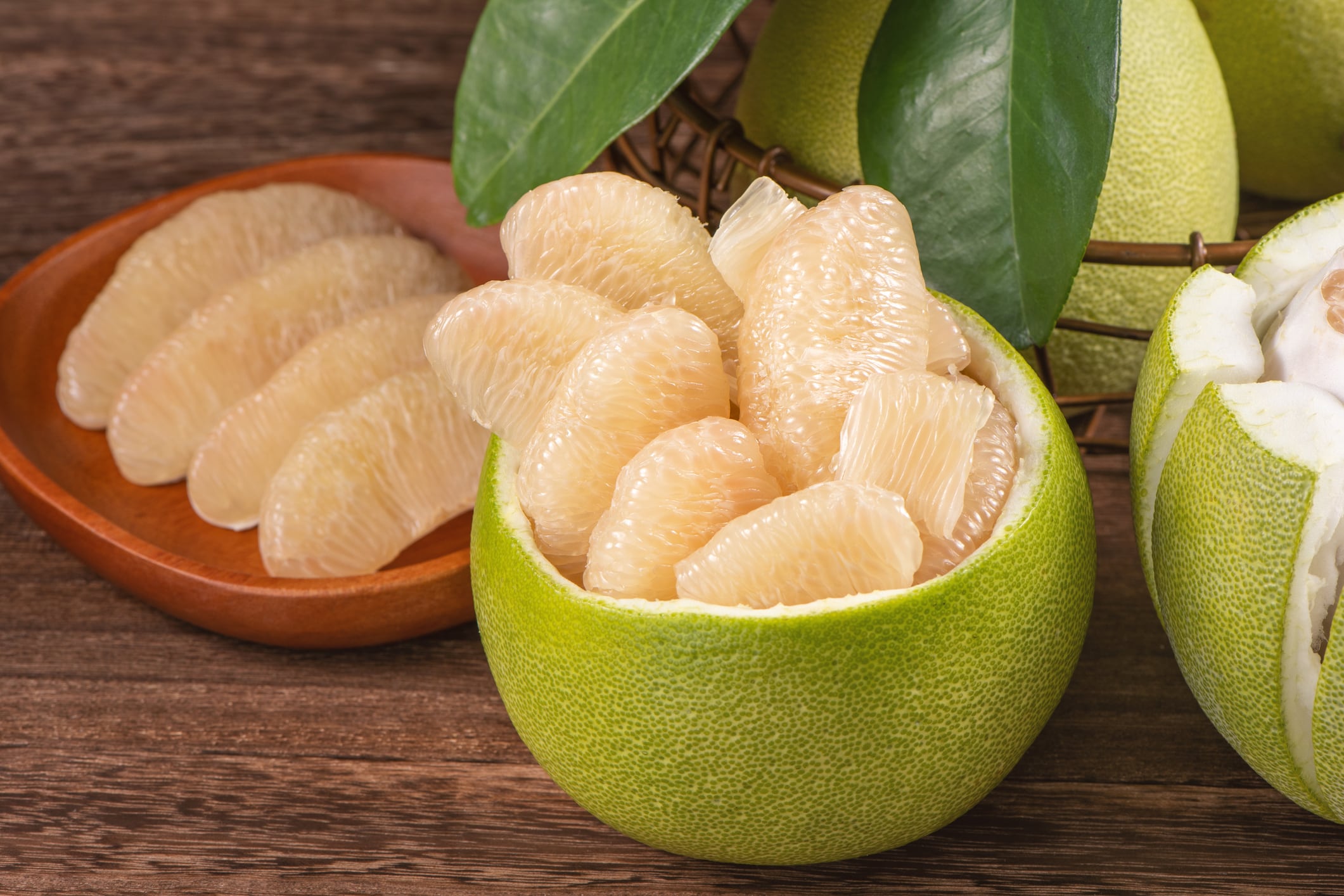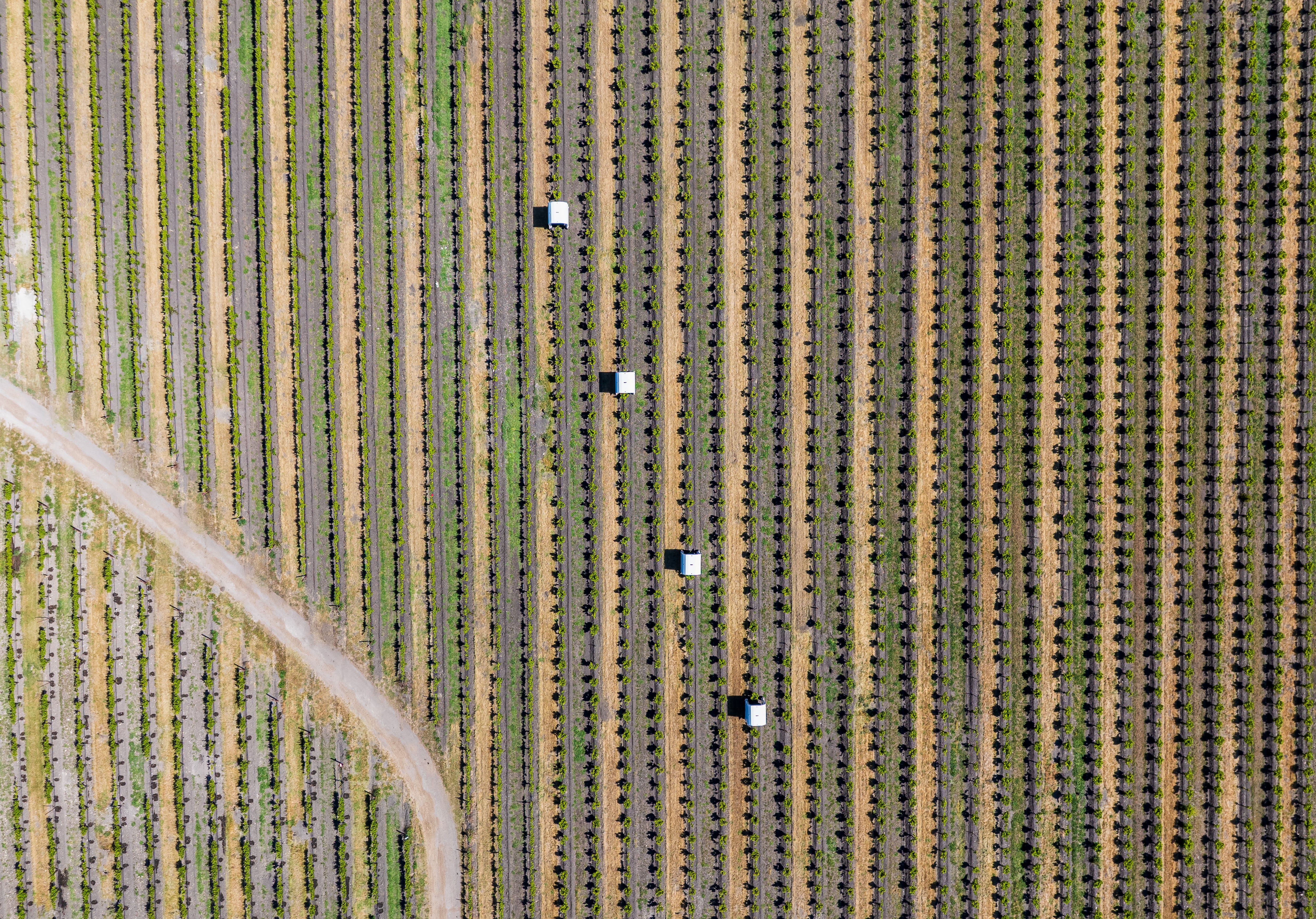Pineapple waxing has conventionally been a manual process which required a “labour intensive wax solution recharging every 20 minutes”.
It can result in over- or underdosing of the wax solution, potentially leading to over-concentrated wax, which wastes product, or under-concentrated coating.
This manual process has been identified as a key source of product loss as it can be “meticulous and error-prone”, said Fernando Edagi, product line director for JBT Marel Fresh Produce Technologies.
“While we don’t yet have quantified data to share, field observations reveal a clear pattern: manual waxing introduces variability that can compromise fruit quality. In many operations, the person responsible for wax application is also juggling multiple tasks. This divided attention can lead to inconsistent wax concentration, leaving some fruit under-protected and more vulnerable to damage or spoilage,” Edagi told AgTechNavigator.
In response to this, the packaging and processing provider developed a fully automated solution for pineapple waxing, a process which helps to preserve fresh pineapples.
JBT Marel will primarily targeting South East Asia and Costa Rica, major pineapple producers for the global market.
Precision pineapple waxing
According to the company, its new ProDOSE Pineapple Wax Dosing Machine was developed to replace the outdated and often wasteful wax dosing methods.
“[The machine] ensures that the wax concentration is consistent for each piece of fruit and even adapts to different pineapple varieties and external conditions that require specific treatment needs. This revolutionary technology offers opportunities for manufacturers to cut costs while maximizing product yield and freeing up resources for other critical tasks,” said Edagi.
In addition to automatic wax dosing, the machine also features real-time monitoring and data logging through a mobile application as well as wireless data transmission for better record-keeping.
“ProDOSE eliminates that risk. Its automated system ensures every pineapple receives the precise wax application intended – consistently and reliably. By removing human error from the process, ProDOSE helps safeguard fruit quality and reduce the likelihood of waste due to under-application. While the exact figures are still empirical, the improvement in consistency and confidence is unmistakable,” said Edgai.
He added that the company is currently gathering data on the effectiveness of the technology regarding impact on fruit quality, spoilage reduction, and sellable yield.
The firm’s innovation efforts are guided by industry and consumer priorities such as waste reduction, sustainability and food quality.
With challenges such as food waste and manpower shortages becoming more pressing, Edgai said the firm’s customers are placing greater emphasis on automation to optimise their operations.
He added that the company’s product development team is working on multiple projects to deliver new technologies and innovations for both existing and new clients.





